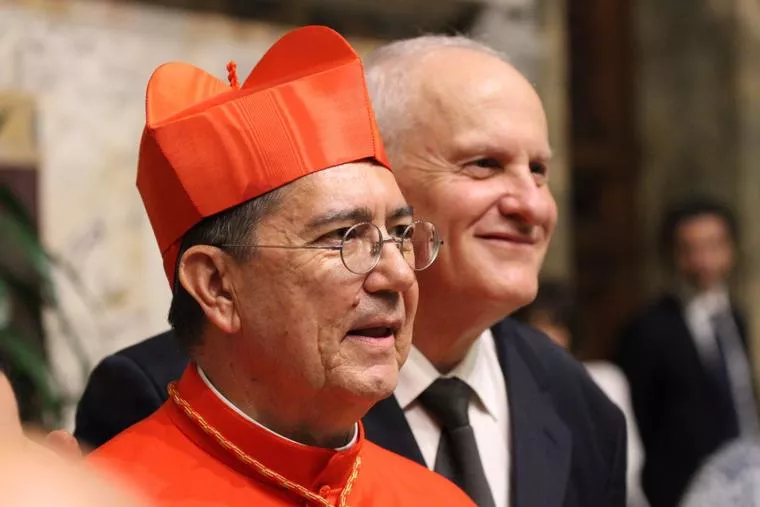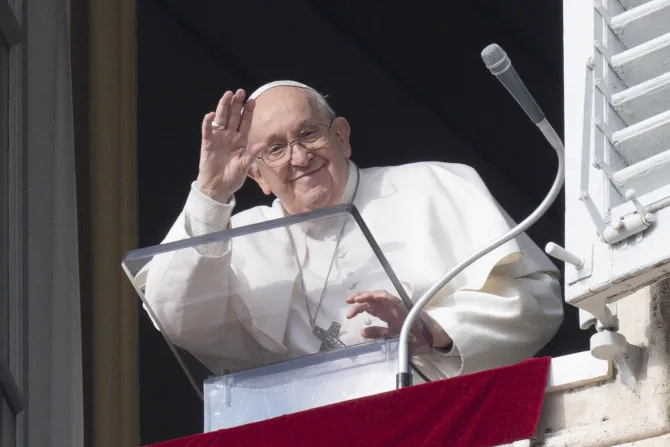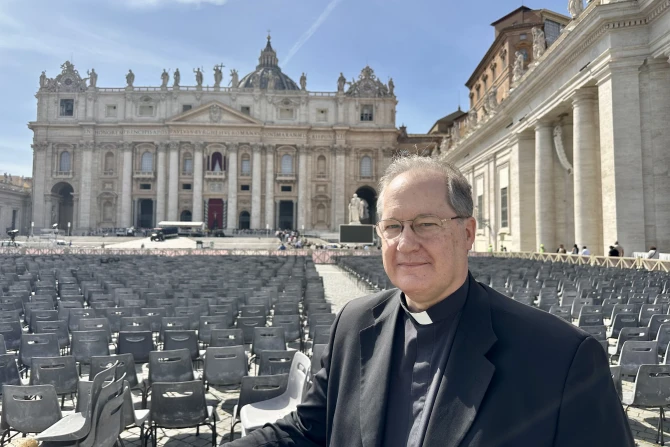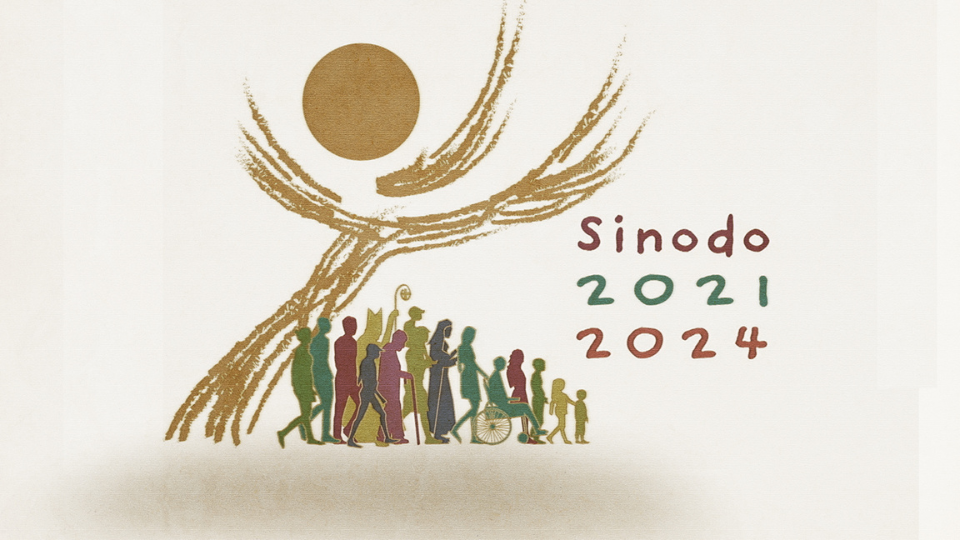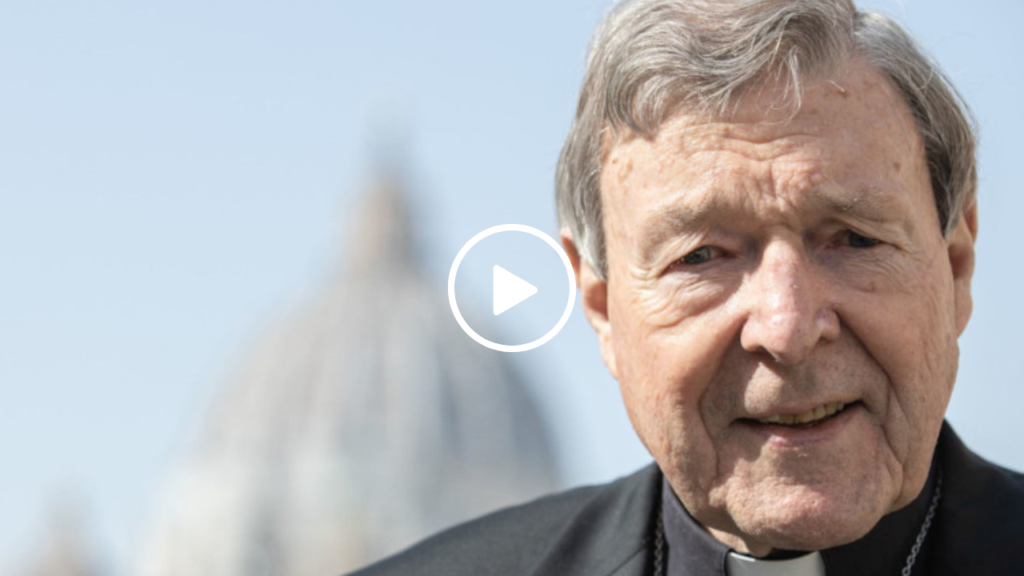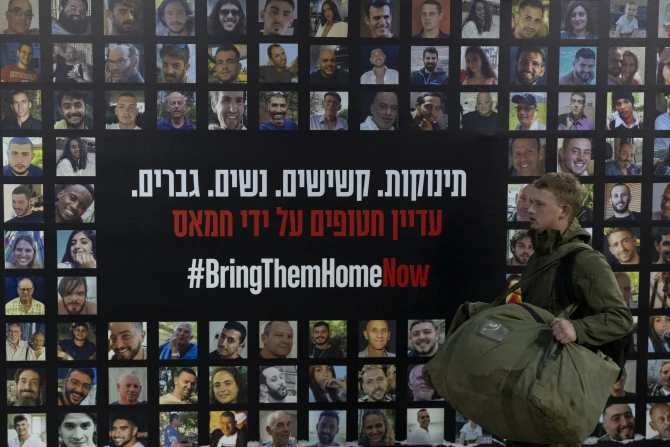The curial service of Cardinal Miguel Ángel Ayuso Guixot, prefect of the Dicastery for Interreligious Dialogue, who died Nov. 25 at age 72, was marked by two key moments in Catholic-Islamic relations: Pope Benedict XVI in Regensburg in 2006 and Pope Francis in Abu Dhabi in 2018.
The former was criticized by liberals who thought Benedict was too critical toward Islam; the latter by conservatives who thought Francis was too accommodating. Cardinal Ayuso rendered his service at a time when relations between Catholics and Muslims globally are of central importance, and when significant reforms are afoot in the Islamic world itself.
Miguel Ángel Ayuso Guixot was born June 17, 1952, in Seville, Spain, and joined the Comboni Missionaries in 1973. He took his perpetual vows and was ordained a priest in 1980. He continued graduate studies in Rome, obtaining a licentiate from the Pontifical Institute for Arabic and Islamic Studies (PISAI) in 1982.
He would do pastoral work in Egypt and teach Islamic studies in Sudan, before returning to Rome in 2006 as head of the PISAI, having completed a doctorate in dogmatic theology from the University of Granada.
In 2006, Pope Benedict delivered his famous address at Regensburg, arguing that violence in the name of religion was contrary to reason, and therefore contrary to God’s will. Applying that lesson, learned over centuries by Christians, to contemporary Islam, Benedict suggested that combatting Islamist terror was, in part, a theological matter.
Great controversy ensued, though not without positive consequences.
Many Islamic scholars welcomed Benedict’s invitation to theological reflection, and in November 2007, only 14 months after Regensburg, King Abdullah of Saudi Arabia — custodian of the Holy Mosques of Mecca and Medina — made the first-ever visit of a Saudi king to the Vatican. Many in the Islamic world saw Benedict as an ally against violent extremism.
On the Vatican side, in July 2007 Benedict appointed a senior diplomat, Cardinal Jean-Louis Tauran, to the Pontifical Council for Interreligious Dialogue (PCID), with a particular mandate to take advantage of this potential new opening in the Islamic world. Father Ayuso, as head of PISAI, the leading academic institution on Islam in Rome, became a consultor to PCID at the same time. Theological diplomacy was needed, and Cardinal Tauran the diplomat was assisted by Father Ayuso the theologian.
In 2011, another crisis in Vatican-Islamic relations erupted. After a massacre of Christians in Egypt, Pope Benedict called on Egypt to better protect its religious minorities. In response, Grand Imam Ahmed el-Tayeb of Cairo’s Al-Azhar University — Sunni Islam’s most prestigious scholarly institution — cut off relations with Rome, blasting Benedict for making “repetitive and negative statements” about Muslims.
Seeking to repair that relationship, Benedict appointed Father Ayuso as the secretary (second in command) of PCID in 2012. He would eventually succeed Tauran in 2019 as president and would be created a cardinal by Pope Francis that same year.
Benedict in general, and in particular at Regensburg, opened a respectful but challenging dialogue with Islam. It was not without difficulties, and Ayuso was the man on the ground working through many of them.
In time the difficulties with Al-Azhar were overcome, relations were restored, and a grand project was launched, the “Document on Human Fraternity for World Peace and Living Together,” signed in Abu Dhabi in February 2019 by Pope Francis and Grand Imam el-Tayeb.
The document generated Catholic criticism about other religions being “willed by God,” as the document put it. This was eventually clarified on the Catholic side, but the key development was on the Islamic side. Al-Azhar has frequently taken hardline positions in Islamic theological and political matters, and for el-Tayeb to sign the document was a momentous breakthrough.
Acknowledgment of religious pluralism in history was already made by Catholics at Vatican II. An analogous development by Al-Azhar will likewise have far-reaching consequences. It likely already did, as part of the new thinking that made the Abraham Accords of 2020 possible.
Earlier this year, two Indonesian Islamic organizations, Nahdlatul Ulama and Muhammadiyah, the largest Islamic organizations in the world, were given “Zayed Awards” in Abu Dhabi to mark the fifth anniversary of the Human Fraternity document. Those two organizations are leading the movement toward a reforming, moderate Islam. That Al-Azhar would consent to the award is itself another step forward. Pope Francis highlighted the awards by welcoming the Indonesian recipients in Rome and sending a video message to Abu Dhabi.
In the immediate days after Regensburg, it was not at all evident that a deeper understanding of Catholic-Islamic dialogue, religious pluralism and human fraternity was in the offing. It is largely an Islamic story, and one of the most important religious stories of our time.
Cardinal Ayuso was not a well-known figure, even in Rome. But he was at the center of the Catholic part of that story for nearly 20 years and the work entrusted to him will have long-lasting, perhaps world-changing, consequences. Requiescat in pace.
This article was originally published on National Catholic Register.

